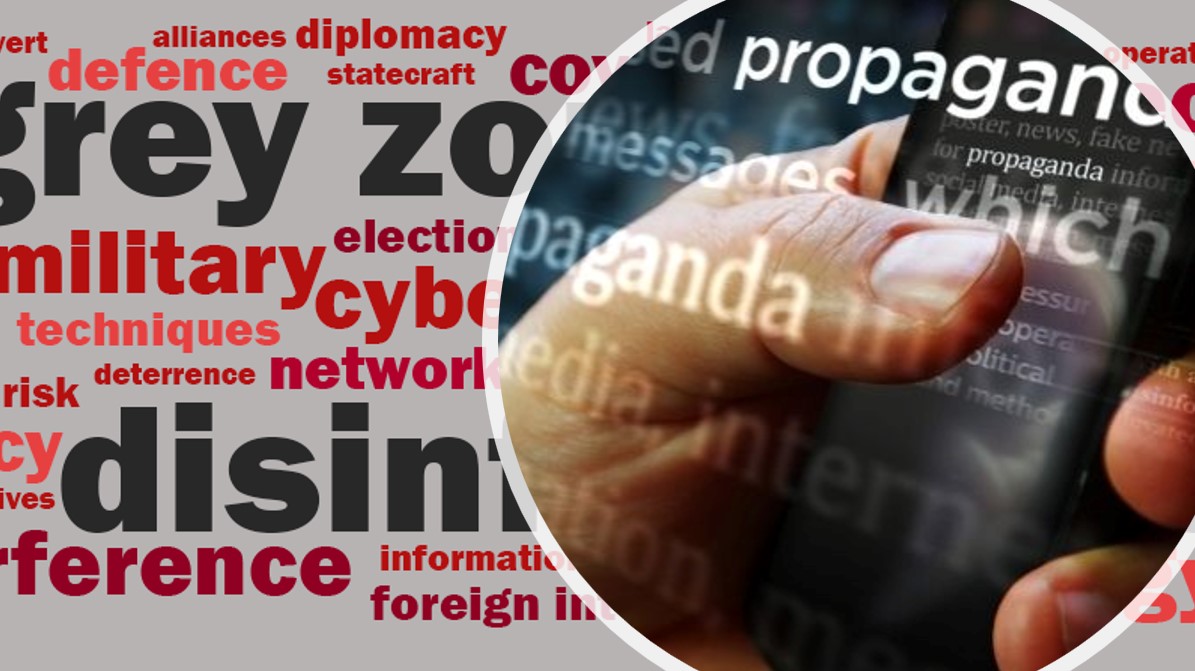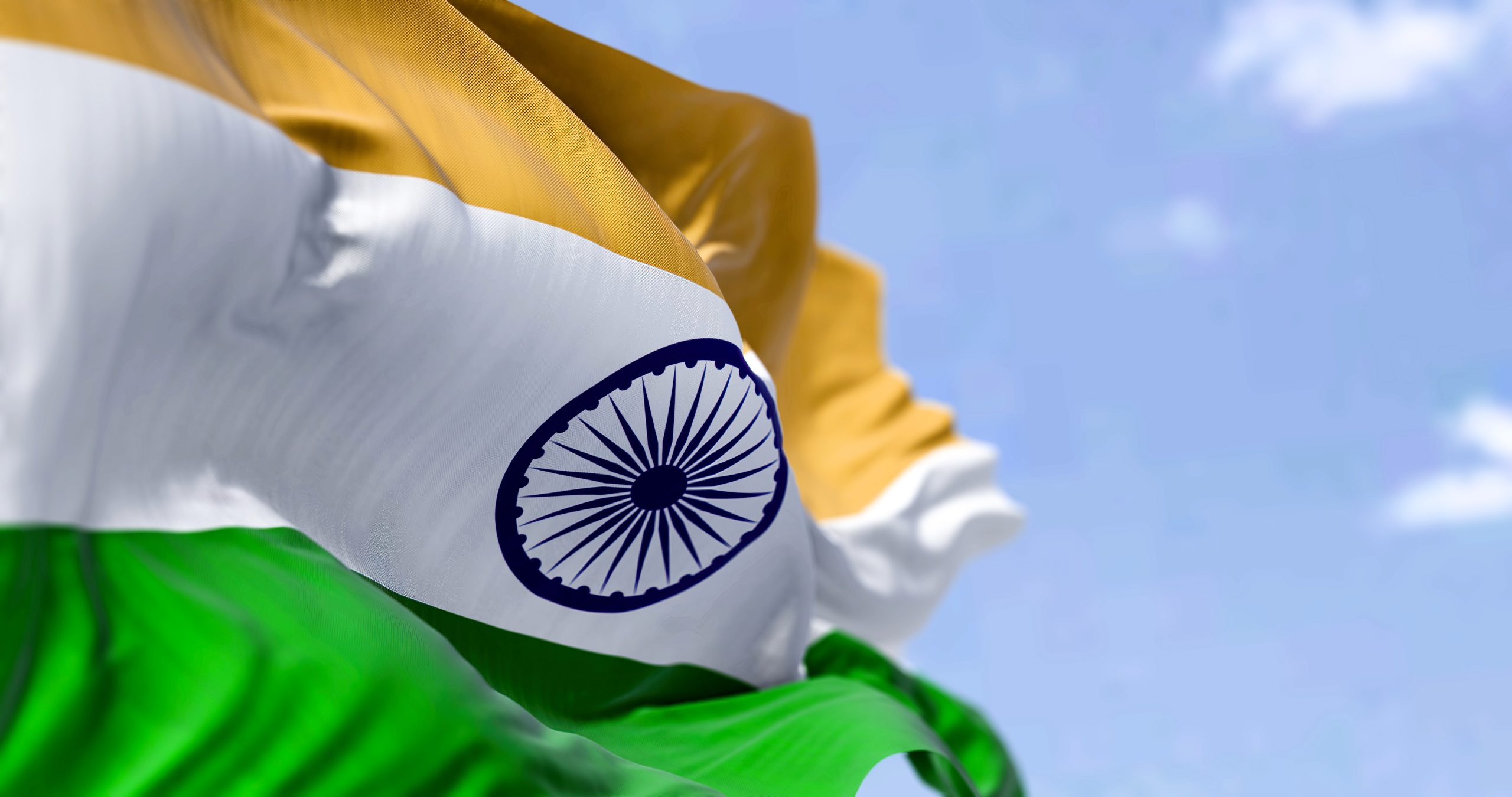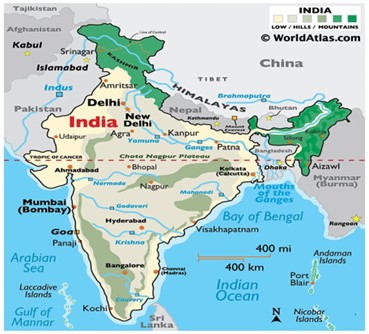
Grey Zone Warfare – Need for Inoculating India

“It is not a matter of what is true that counts, but a matter of what is perceived to be true.”
― Henry Kissinger
The sense of justice, equality and other human ideas have ancient biological origins. In 2003, Sarah Brosnan and Frans de Waal carried out an experiment called ‘Fairness Study’, focussing on Capuchin monkeys. They found that monkeys hate being disadvantaged. For example, an isolated monkey is happy to eat a grape or a slice of cucumber. But a monkey who finds that it has received a cucumber while its partner has received a grape, reacts angrily.
Capuchin monkeys, Brosnan and de Waal concluded, “dislike inequity.” They hate getting the short end of the stick. Psychologists have a technical term for this reaction: “Disadvantageous-inequity aversion.” This instinctual aversion to getting less than others is also found in chimpanzees and dogs. It also occurs in people who develop it from a young age. Psychologists Alessandra Geraci and Luca Surian have found, for example, that babies as young as twelve months prefer fair-minded cartoon animals to unfair ones. And yet, for humans, an aversion to getting less is just one aspect of unfairness. Unlike other animals, we sometimes baulk at receiving more than other people. Technically speaking, we experience “advantageous-inequity aversion.” In some situations, we’ll even give up something good because it’s more than someone else is getting. In those moments, we seek to ensure that the distribution of goods remains fair. We don’t want the long end of the stick, either. Our aversion to disadvantage is likely innate because we share it with other animals who form social groups. Other experiments have proved that this has cultural dimensions, with certain societies that appear to accept inequality.
Like all experiments and investigations, these findings might have flaws, and the answers are likely more nuanced than the results. Our ideas about fairness are relativistic rather than absolute. In many ways, we approach justice as a form of social signalling. People tend not to care about equality as an abstract principle; instead, they use fairness to negotiate their place in a social hierarchy. And for that reason, we’re especially willing to give up our unfair advantages when there’s the possibility of strengthening a future relationship. Culture also plays an important role.
Alas, what is true for humans does not hold between nations, especially as practitioners of International Relations mostly follow Thucydides. ‘The strong does what they have to do, and the weak accepts what they have to accept.’ What’s sauce for the goose differs from sauce for the gander in the rules based order.
In the first week of March, ruling lawmakers of Georgia, a country in the South Caucus, following two days of intense street protests in Tbilisi, the capital, were forced to withdraw plans to introduce what critics called ‘a Russian-inspired’ law. As per the proposed “foreign agents laws” provisions, individuals, civil society organisations, and media outlets receiving 20% or more of their funding from foreign sources would have to register as an “agent of foreign influence” with the Justice Ministry. The Georgian government says the proposed act was modelled on the U.S. 1938 FARA (Foreign Agents Registration Act), which covers organisations and lobbyists. The successful protests were led by a group of Western NGOs, some of whom already have similar domestic legislation.

The Georgian incident has special significance for India. The ruling BJP government faces ‘regime change’ threats from George Soros, infamous for fomenting colour revolutions globally. In his address at the Munich Security Conference in February 2023, Soros mentioned the Indian import of Russian oil as one of the reasons for this, among other standard allegations of authoritarian conduct. The threat by Soros falls in the classical grey zone warfare (GZW) dimension. Importing cheap Russian oil is not against any UN resolution or international law. It is also hugely beneficial to Indian energy and economic interests. The threat posed by Soros will primarily manifest in the information domain. The Indian state must take measures to protect itself. Democratic polities and open societies like India, rapidly transiting into the digital era without adequate safeguards like privacy legislation or control of ICT networks, are especially vulnerable to grey-zone operations. Dr David Knoll writes that GZW has four elements: –
- Implausible Deniability. Grey zone activities are conducted in ambiguous ways so that the actor or intent is veiled, albeit thinly.
- Goldilocks Competition. Activities are neither too hot nor too cold. These fall short of conventional war and involve competition more intense than everyday international relations.
- Sub-Provocative Action. Activities are conducted at a level of intensity that is unlikely to trigger a military response.
- Cumulative Effect. Individual grey zone actions have negligible impact, but collectively they can have strategic effects.
All these make mobilising state institutions to tackle these activities challenging without accusations of violating political neutrality.
Multiple studies have documented the role of NGOs, political parties and student organisations that have become witting or unwitting pawns in grey zone operations. In March 2018, the Indian parliament amended the FCRA act permitting foreign funding of political parties. This amendment needs to be reversed, as political parties of India should only be answerable to Indian citizens and their interests. GZW is especially difficult to discern in a raucous and noisy democracy, where genuine grassroots activism and a right to dissent have constitutional guarantees. In addition, GZW has become a growing concern in recent years, with reports of foreign-funded entities interfering in the political affairs of other countries through propaganda, disinformation, and other covert activities. To address the issue of foreign influence on domestic policymaking, many countries have introduced legislation aimed at preventing such foreign interference. However, this further needs to be augmented by tabletop exercises with domain experts that analyse the threat and develop realistic countermeasures that can fit into the unique circumstances of a changing global order. Unlike a purely military environment, this exercise will need political participation as the information environment has a significant political dimension.
In conclusion, grey-zone warfare significantly threatens the integrity of democratic nations. For India, the battle indicators are visible. The defence lies in both legislative and policy initiatives. It is essential to introduce legislation like FARA and a Lobby Act to inoculate against potential threats and reduce the manoeuvreability of adversaries. By requiring foreign agents to register and disclose their activities, countries can provide greater transparency about foreign influence operations and help safeguard their democratic institutions. Nations will also need organisations and capabilities to monitor and discern hostile information manoeuvres by adversarial powers. Capabilities for these lie mainly in the private sector, where companies are building AI platforms capable of tracking billions of data points and discerning disinformation campaigns. Building a public-private partnership with such companies can be one part of the defence.
Multiple speeches by ministers and other government functionaries recognise the defence of cyberspace as a domain central to India’s national security. However, measures to defend it, which include a privacy law that mandates data localisation or a strategic venture capital fund critical to promoting an innovation ecosystem, have yet to be fully addressed. The events in Georgia also prove that information projection capabilities to foreign audiences that can tap the inherent advantageous-inequity aversion of their population will be central to legislative and foreign policy formulations in an interconnected world. Understanding that an information policy has to be rooted in the creation of narratives that counter the disinformation/misinformation efforts in real time will be central to defending Indian sovereignty in the Information Age.
Disclaimer
The opinions expressed in this article are the author’s own and do not reflect the views of Chanakya Forum. All information provided in this article including timeliness, completeness, accuracy, suitability or validity of information referenced therein, is the sole responsibility of the author. www.chanakyaforum.com does not assume any responsibility for the same.
Chanakya Forum is now on . Click here to join our channel (@ChanakyaForum) and stay updated with the latest headlines and articles.
Important
We work round the clock to bring you the finest articles and updates from around the world. There is a team that works tirelessly to ensure that you have a seamless reading experience. But all this costs money. Please support us so that we keep doing what we do best. Happy Reading
Support Us





















POST COMMENTS (1)
Shivkumar